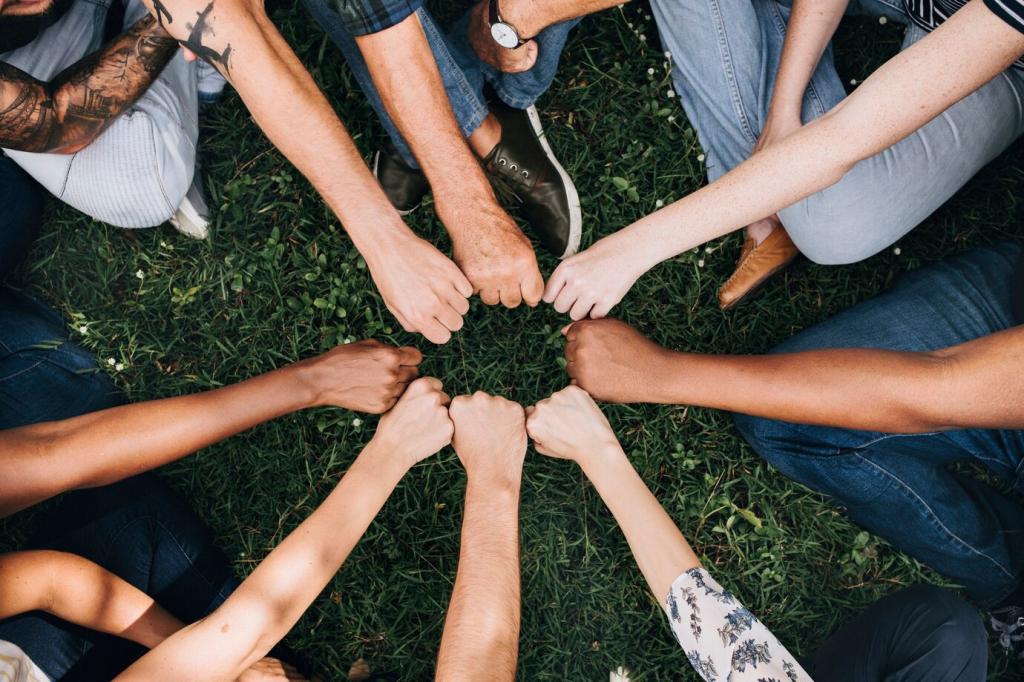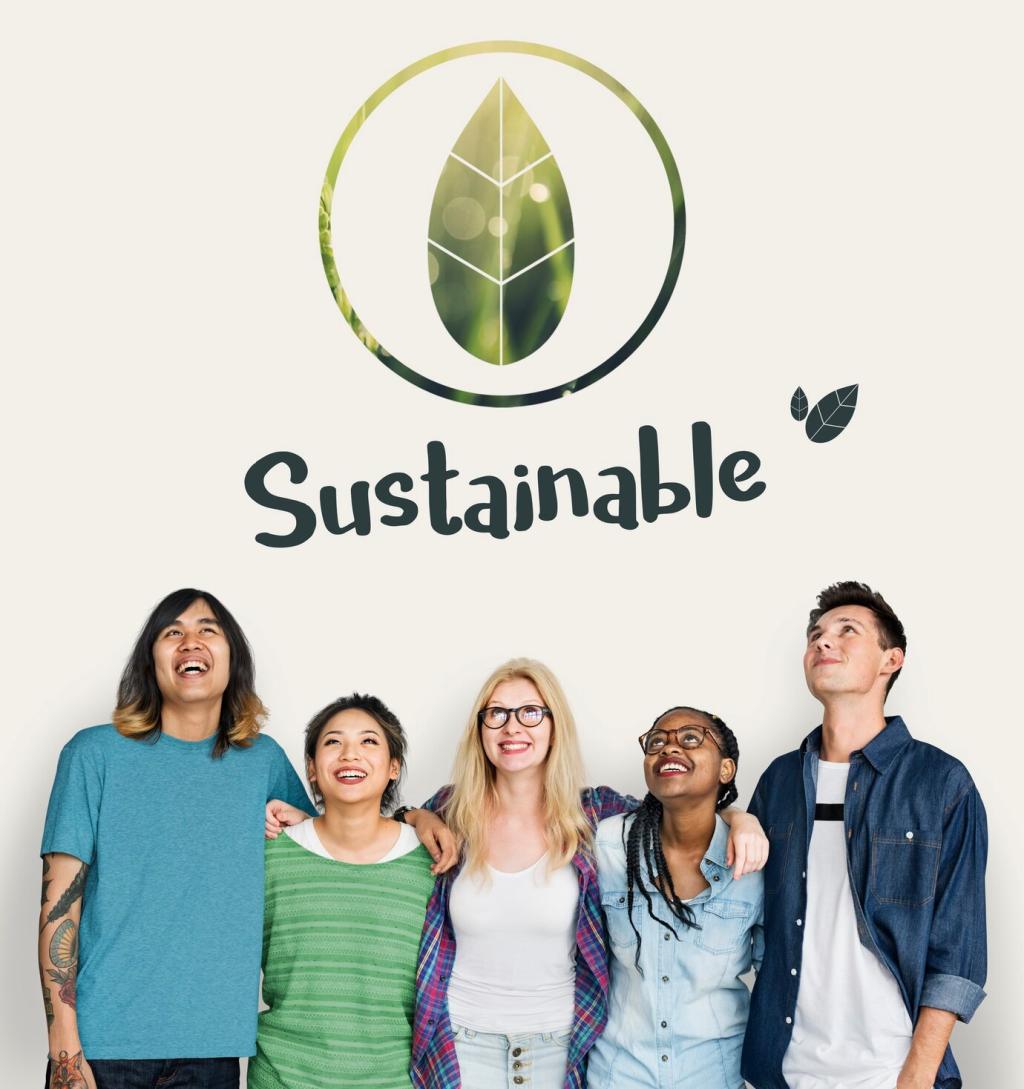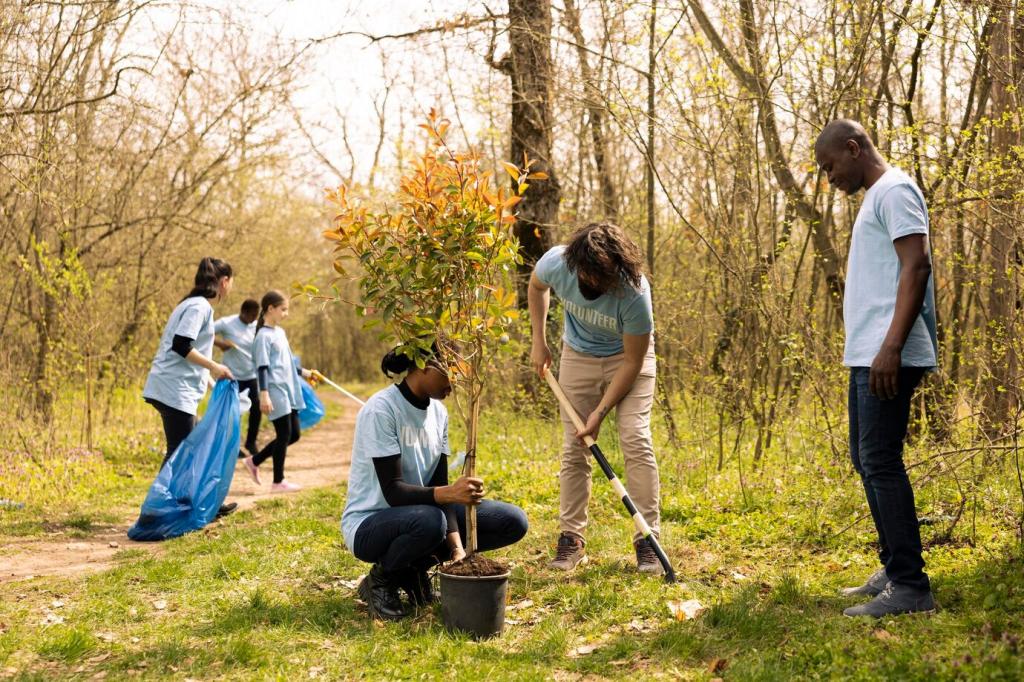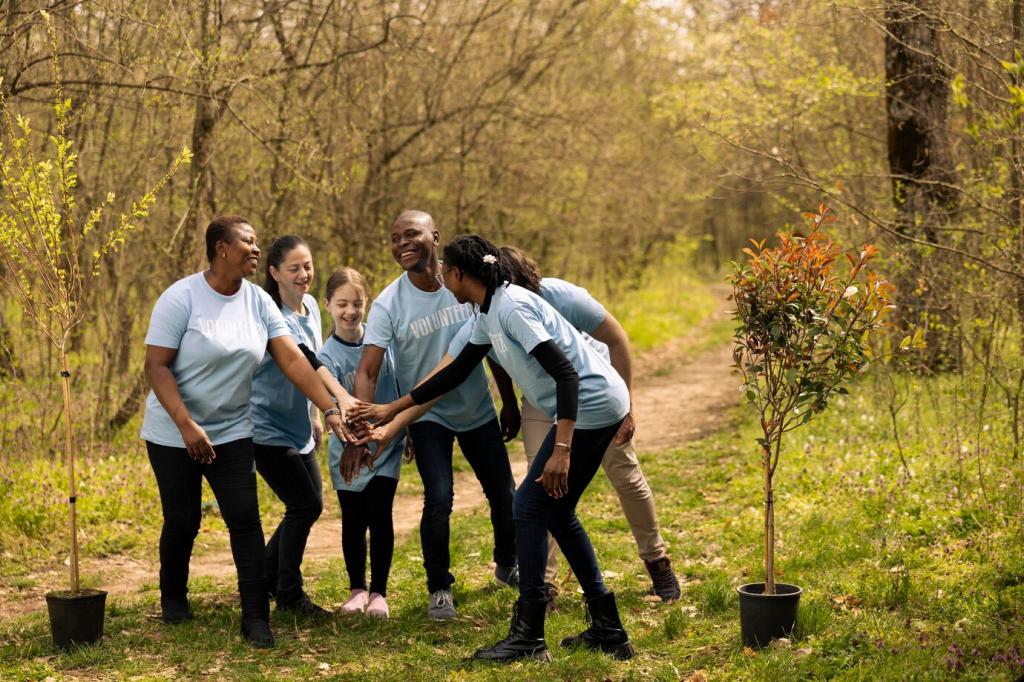Intergenerational Weaving
Elders anchor memory and pace. Story evenings, practical workshops, and porch conversations transmit land ethics, repair lore, and patience. An elder’s orchard-pruning lesson can reshape how a community plans winter work, turning chores into a shared craft infused with history and gentle wisdom.
Intergenerational Weaving
When young people get real responsibilities—a kids’ council budget, trail stewardship, or festival planning—they protect what they help create. Playful governance builds skills without pressure, fostering confidence, creativity, and a sense of agency that strengthens the village’s future while energizing the present community life.





